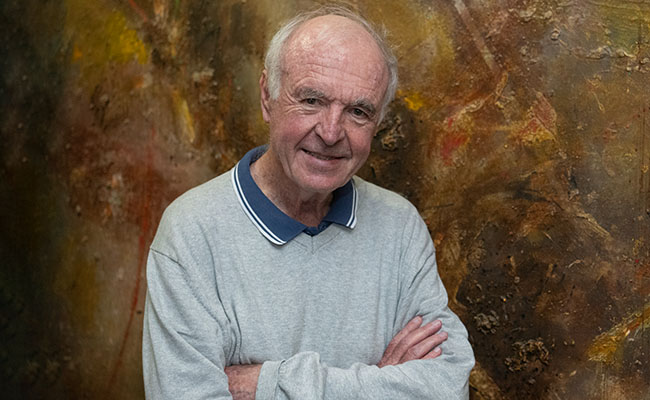We all know the reasons why Gautengers move to the Western Cape – the gorgeous mountains, the breathtaking ocean views … not to mention a functional province, with functional cities.
And they do make the move, in droves: stats from Wise Move’s 2025 Migration Report show that nearly a third of all cross-provincial moves are headed to the Cape. Most of these moves are made up of people coming from Joburg and Pretoria.
Yet a new trend has also emerged. Cape Town to Joburg is now the third-biggest movers’ category – behind Joburg and Pretoria to Cape Town – with 25% of all moves coming out of the Western Cape, headed up north.
This exodus comes as no surprise to people who follow the movers’ market, or who have been paying attention to the local economy. Cape Town, they say, is getting too crowded and too expensive for ordinary people.
Estate agency Chas Everitt stirred up some controversy last year by stating that Joburg was back on the rise, but the numbers are proving the group correct. House sales in Gauteng are up for the first time in years, with the average home priced at about R1.3m. The average Cape Town home costs a hefty R2.1m – 61% more.
With limited space and high demand for housing in Cape Town, young people are effectively being priced out of the market, either by digital nomads earning in stronger currencies or by older and wealthier locals. In fact, only 30% of all homeowners in Cape Town are under the age of 50.
In terms of renting, Wise Move stats show that a mid-range two-bedroom apartment in the leafy suburbs of Joburg can cost between R9,000 and R14,000 a month, while a low-range studio apartment in the City Bowl usually goes for about R10,500 a month.
Chris Dicey, a young Western Cape expat living in Joburg, attests to this. “I think [Joburg] is definitely on the cheaper side compared to Cape Town and Stellenbosch, where I studied. Even in the most prime locations in Sandton central, you’ll still be paying 75% maximum of what an equivalent space would be like at the Waterfront or Sea Point.”
Jobs, family, future
It’s also hard to pay your exorbitant rent without a salary, and Joburg’s stature as the economic powerhouse of the country is still bringing young professionals into the city. As of 2024, Gauteng still contributes a third to the country’s entire GDP, while the Western Cape contributes less than half of that, at 14%. Across the board, Wise Move reports that the top reason for relocation in South Africa is the pursuit of paid work.
This is why Dicey made the move – he says his main motivation was the offer he got in software development. “I thought it would be a great space to start my career when there’s so much business going on in Joburg.”
Most Cape expats he knows have made the move because of the size of corporate offices in Gauteng, allowing for people to get their foot in the door in a hyper-competitive job market. “The volume of opportunities in Joburg is far greater than Cape Town,” as Dicey sees it. Another ensnaring factor is the size of the salaries: “You’ll definitely get a better rate for the same role in Joburg,” he argues.
The second most listed reason for moving was to be closer to a spouse or loved ones. Interestingly, factors like crime (0.6%), better municipal services (0.8%) and political instability (0.1%) ranked lowest on Wise Move’s list of reasons for moving, upending common assumptions held by locals that people are fleeing from decay and danger.
“In short, South Africans move for better jobs, stronger relationships and brighter futures – not out of fear, but in pursuit of opportunity,” says Wise Move CEO Chante Venter.
It seems living comfortably in Joburg is trumping living on the breadline in Cape Town. Returning Joburgers know it, and first-time arrivals are discovering it.
Top image: Rawpixel/Currency collage.
Sign up to Currency’s weekly newsletters to receive your own bulletin of weekday news and weekend treats. Register here.













Interesting after all the covers we wrote at the FM boosting Cape Town. The writer is too tactful to refer to the famous insularity of the Capetonians. In my experience Cape hospitality is “the kind you pay for”.